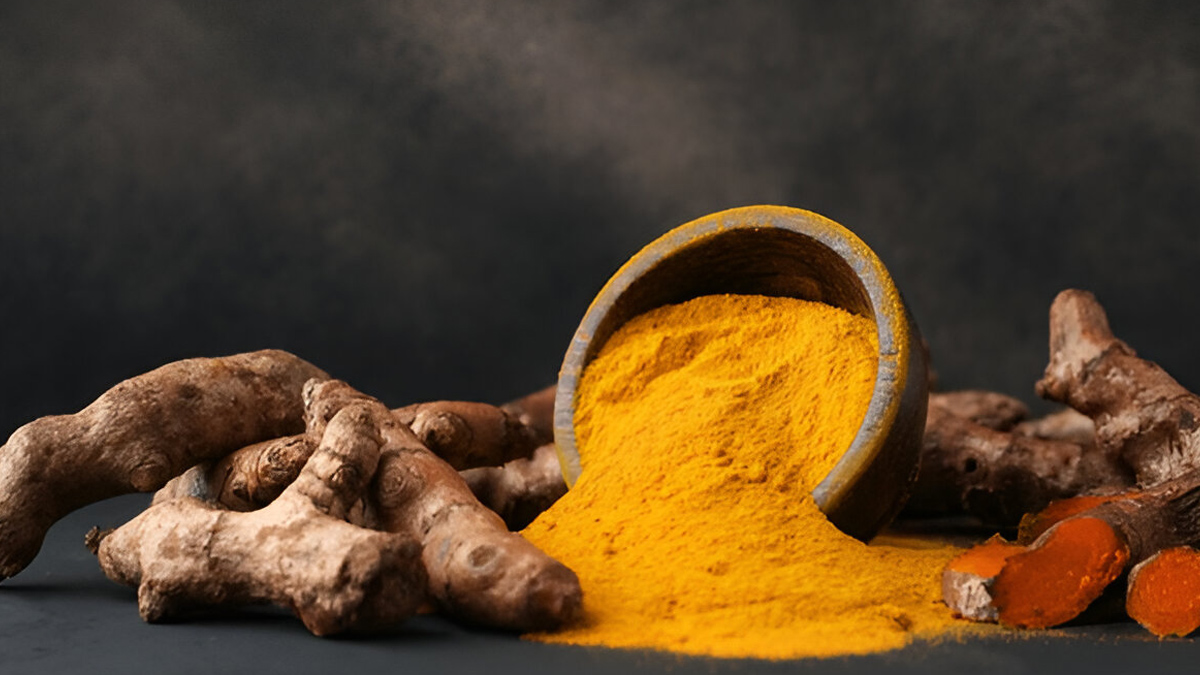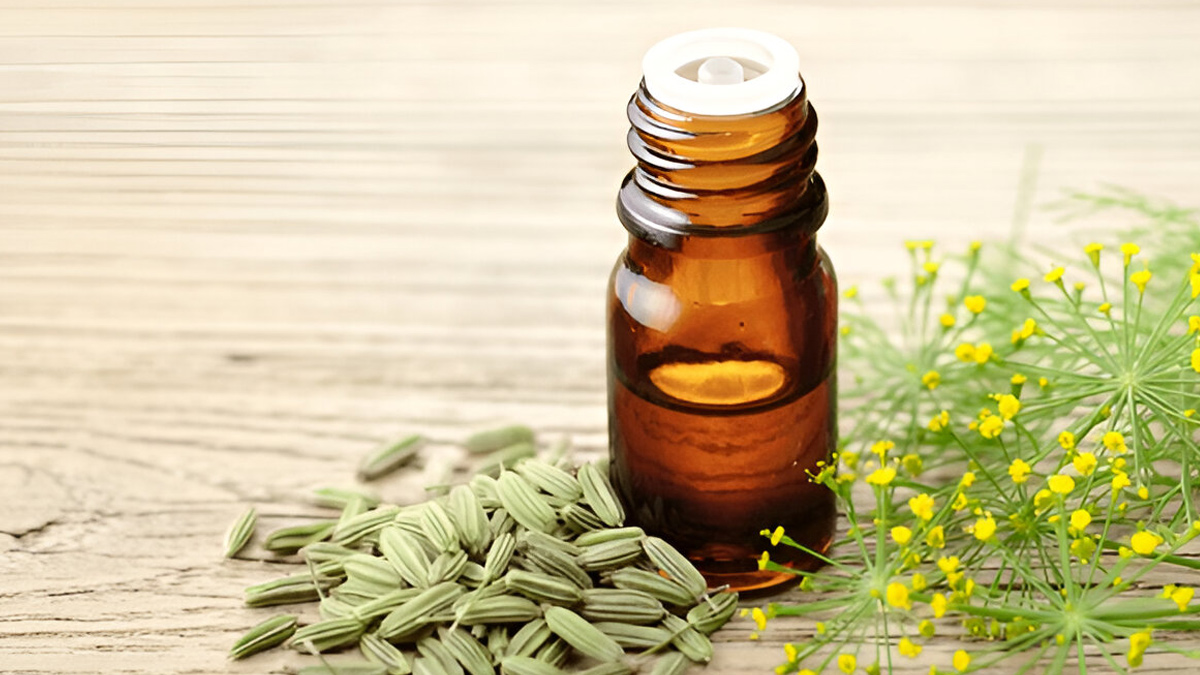
If you suffer from Irritable Bowel Syndrome (IBS), you know it's more than a random stomachache. The cramping, bloating, gas, and erratic bowel movements can ruin work, social relations, and even sleep. While there’s no single cure, many people are now turning to natural, plant-based solutions, such as curcumin and fennel oil, to complement medical care.
Table of Content:-
They have been studied for calming the gut, anti-inflammatory, and promoting healthy digestion. This is how they work and why they are gaining popularity in IBS treatment.
Why IBS Is So Challenging to Manage

IBS is a gastrointestinal functional disorder; therefore, there isn't structural damage to the gut, but its coordination and communication with the brain are affected. Gut hypersensitivity, inflammation, alteration of the gut microbiome, and stress are all contributory to its symptoms.
Traditional remedies, such as antispasmodics, probiotics, and dietary changes (the low-FODMAP diet) alleviate symptoms, but not everyone receives long-term benefit. That’s why natural compounds with anti-inflammatory and gut-soothing effects, like curcumin and fennel oil, are drawing attention.
Curcumin For IBS

Curcumin, the yellow spice in turmeric, is well known for its antioxidant and anti-inflammatory activity. But studies indicate it may also soothe the gut in IBS.
- How it helps: Curcumin suppresses low-grade inflammation of the intestinal lining that is generally found in IBS. It also makes gut motility normal, and thus it can alleviate diarrhoea-predominant and constipation-predominant IBS.
- What the studies say: A 2018 meta-analysis published in the Journal of Clinical Medicine revealed that curcumin supplementation significantly relieved IBS symptoms, such as bloating and belly pain with minimal side effects.
- Extra benefits: Curcumin promotes the gut microbiome by stimulating beneficial bacteria proliferation, further aiding digestion. Since curcumin does not get absorbed well when consumed alone, it is usually combined with piperine (black pepper) or encapsulated and formulated in oils to aid absorption.
Fennel Oil For IBS

Fennel seeds have been utilised for centuries to relieve gas, cramping, and indigestion. Fennel essential oil, derived from seeds, is made up of compounds, such as anethole and fenchone, which serve as natural antispasmodics.
- How it helps: Fennel oil calms down the smooth muscles of the gut and eases bloating and cramping. It also decreases intestinal gas and discomfort.
- What the studies say: A randomised, placebo-controlled trial published in Journal of Gastrointestinal and Liver Diseases in June 2016 found that a combination of curcumin and fennel essential oil (CU‑FEO) dramatically alleviated IBS symptoms and quality of life over 30 days.
- Why it stands out: Fennel oil is well tolerated compared to some drugs and does not affect gut bacteria. It is most often found in soft-gel capsules, sometimes with curcumin for a two-for-one effect.
Are They Safe?
Both curcumin and fennel oil are safe for most adults in moderate amounts, but they are not for every individual.
- Curcumin can interact with blood thinners and may cause mild nausea in sensitive individuals.
- Fennel oil should be avoided in large amounts during pregnancy and by people with allergies to the carrot family.
- Always consult a doctor before starting any supplement, especially if you’re on medications or have existing conditions.
How to Use Them
For IBS relief, many experts suggest:
- Curcumin: 500–1,000 mg per day, often divided into two doses.
- Fennel oil: Usually found in 200 mg soft-gel capsules, often combined with curcumin for better results.
- These supplements function best as part of an integrated approach, combined with diet control, stress reduction, and exercise.
[Disclaimer: This article contains information for informational purposes only. Hence, we advise you to consult your professional if you are dealing with any health issue to avoid complications.]
Also watch this video
How we keep this article up to date:
We work with experts and keep a close eye on the latest in health and wellness. Whenever there is a new research or helpful information, we update our articles with accurate and useful advice.
Current Version
